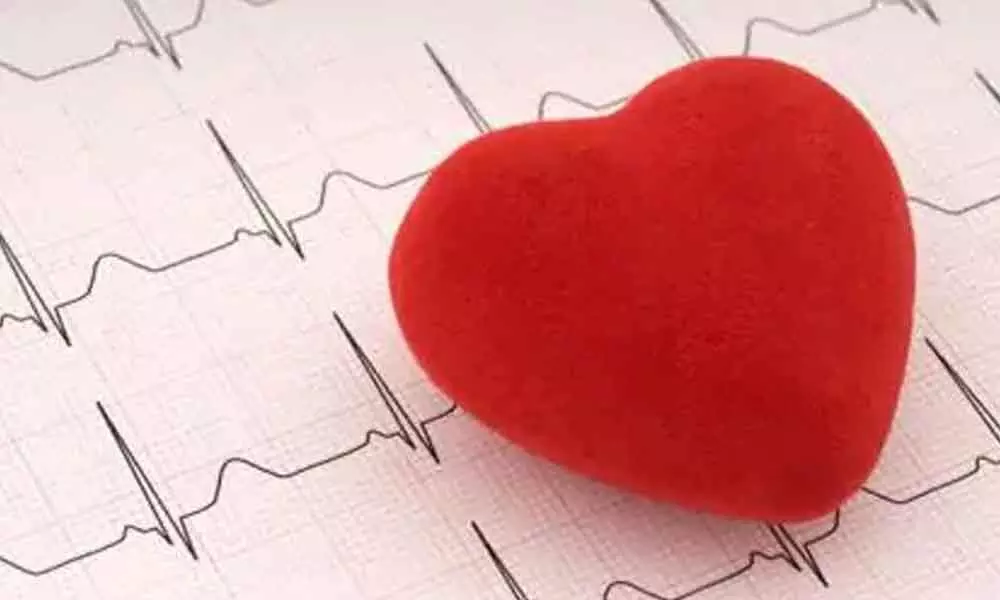Congenital heart defects not linked to severe Covid symptoms

Congenital heart defects not linked to severe Covid symptoms
People born with heart defects had a lower-than-expected risk of developing moderate or severe Covid-19 symptoms, according to a study of more than 7,000 patients
New York: People born with heart defects had a lower-than-expected risk of developing moderate or severe Covid-19 symptoms, according to a study of more than 7,000 patients.
Congenital heart defects are present at birth and can affect the structure of a baby's heart and the way it works, according to the US Centers for Disease Control and Prevention (CDC).
Throughout the course of the pandemic, evidence has shown that individuals with heart disease have a higher risk of life-threatening illness and complications from Covid-19.
But the impact of SARS-CoV-2 infection on individuals with congenital heart defects, who are generally younger than those with adult-onset heart disease, was unknown.
"At the beginning of the pandemic, many feared that congenital heart disease would be as big a risk factor for severe Covid-19 as adult-onset cardiovascular disease," said co-leader of the study Matthew Lewis, Assistant Professor of Medicine at Columbia University Vagelos College of Physicians and Surgeons in New York.
"We were reassured by the low number of congenital heart patients who required hospitalisation for Covid-19 and the relatively good outcomes of these patients."
Only 53 congenital heart patients (43 adults and 10 children) - less than 0.8 per cent of patients at Columbia's congenital heart center - presented to their physician with symptoms of SARS-CoV-2 infection from March through June, showed the findings published in the journal JAHA.
More than 80 per cent of these patients had mild symptoms. Of the nine patients who developed moderate to severe symptoms, three died.
During the study period, an estimated 20 per cent of people in the New York metropolitan area are thought to have been infected with the coronavirus.
Another study performed at Columbia University Irving Medical Center during the same period found that roughly 22 per cent of hospitalised patients from the general population became critically ill and about one-third of those patients died.
In the new study, the researchers found that patients with a genetic syndrome and adults with advanced disease from their congenital heart defect were more likely to develop moderate to severe symptoms, though an individual's type of congenital heart defect did not impact symptoms severity.
Though the study sample was small, the researchers concluded that congenital heart disease alone may not be enough to increase the risk of severe COVID-19 symptoms.
It is unlikely that people with congenital heart disease have an intrinsically lower risk of becoming severely ill from the new coronavirus.
The researchers hypothesised that the patients in this study may have adhered more strictly to social distancing guidelines compared with the general population, given the publicity about increased COVID-19 risk in patients with heart disease.

















